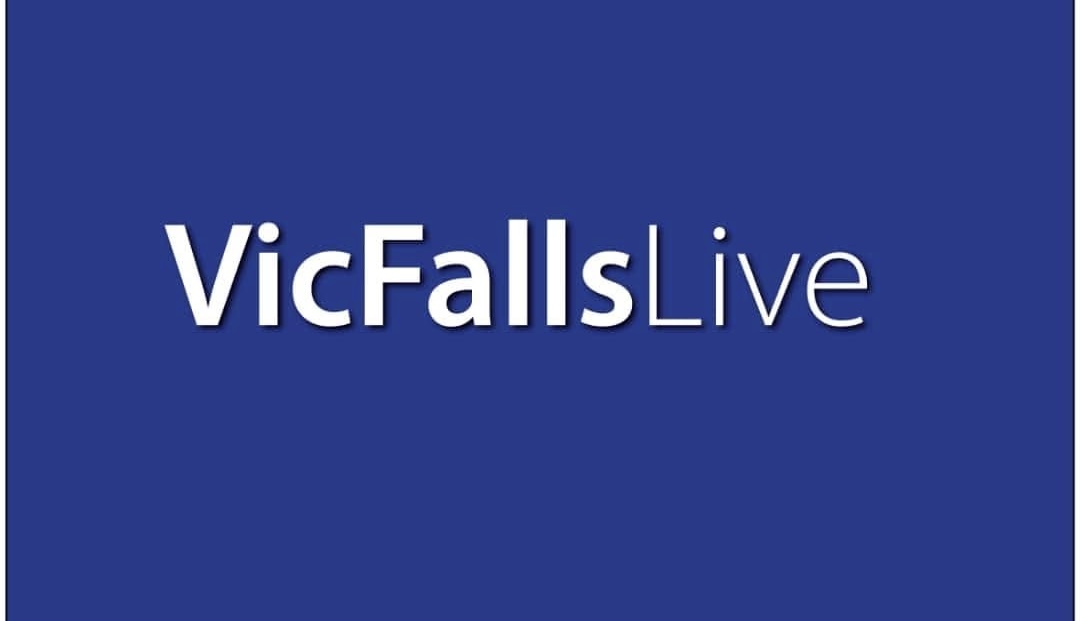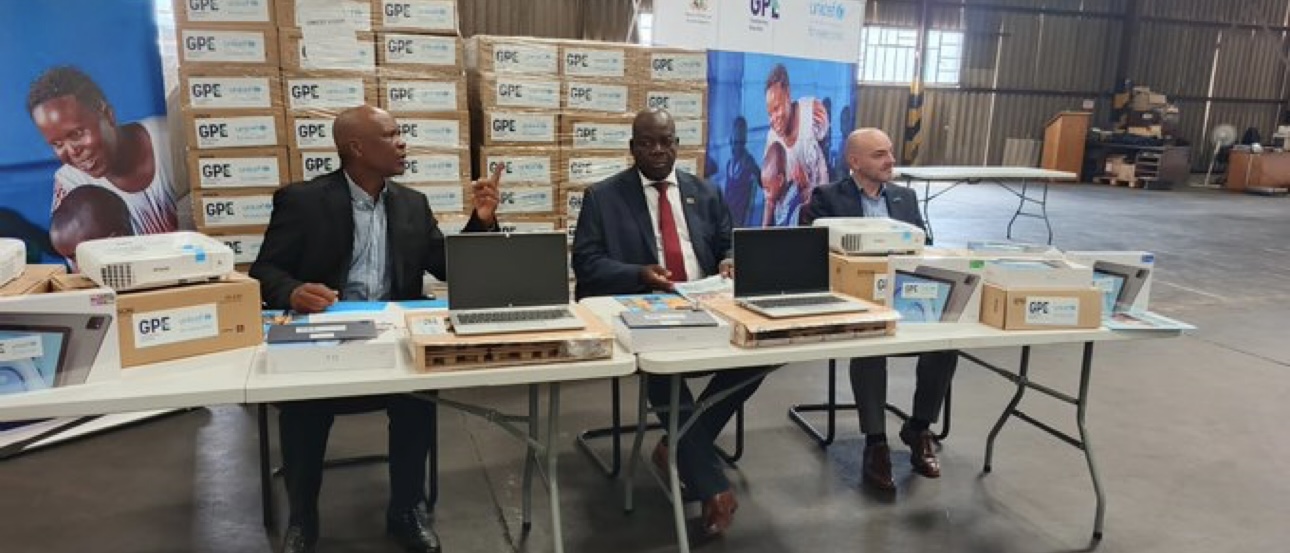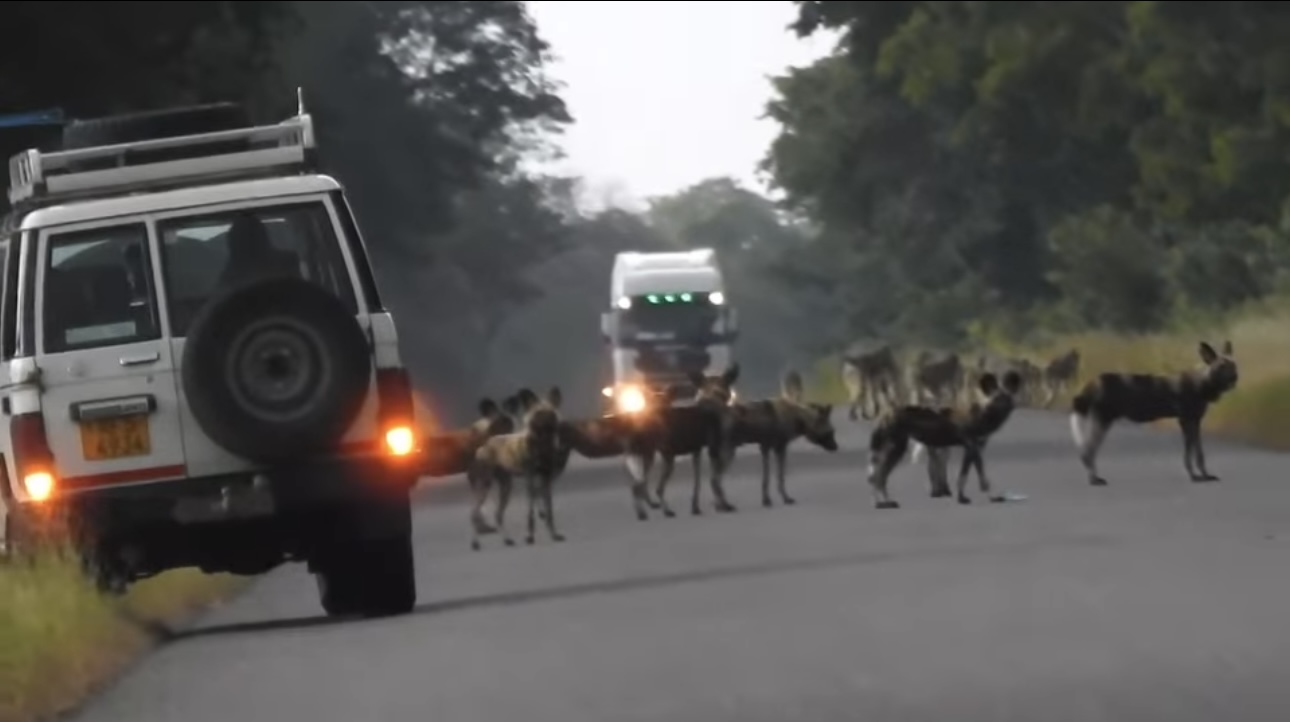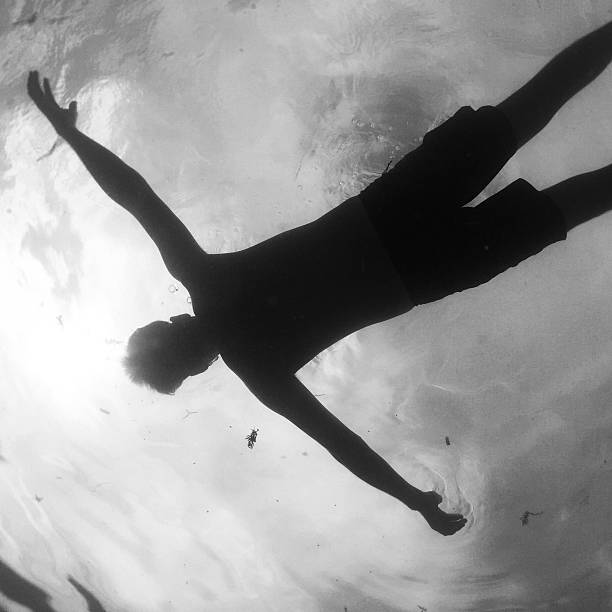Preamble:
As VicFallsLive and its staff, we commit ourselves to the highest standards of independent journalism. We serve the public’s right to know in line with Section 20 of Zimbabwe’s donstitution which guarantees this fundamental right in order to allow citizens to make informed decisions and judgments about their society. We pledge to exercise our role with care and responsibility to safeguard public trust in our integrity.
1. Accuracy & sourcing
Our first duty is to report accurately. We will take care to evaluate information provided to us and to cross-check it as much as possible before publishing. We will show readers the chain of evidence we have.
1.1 The more serious and controversial a claim is, the more corroboration will be required before it can be published. A single source will not usually be sufficient. Secondary sources like other newspaper reports will be treated with caution, and clearly identified.
1.2 Anonymous sources will be avoided unless there is no other way to handle a story and there is extensive additional evidence available. Where sources cannot be named, they will still be identified as closely as possible by reference to their organisation, position, relevance to the story or similar safeguards.
1.3 Anonymity will only be granted if the source can persuade us that they have sound reasons for the request. It is not available to people peddling rumour, comment or spin. However, once it has been granted, the newspaper will protect the identity of the source.
1.4 We will take particular care with information that is passed on to us in furtherance of a particular agenda, and will seek additional corroboration in the light of the motives and interests of a source.
1.5 Plagiarism will not be tolerated.
1.6 Headlines, captions and posters will fairly reflect the content of articles.
1.7 Special care will be taken with details like numbers, dates, names and words from languages other than English.
2. Fairness
We will treat the sources and subjects of our reporting fairly, making sure they have a full opportunity to respond to reporting that may affect them.
This means actively seeking out all relevant views and giving people sufficient time to formulate a response. A report can only go ahead without relevant responses if the opportunity to comment has been declined, or if the editor is satisfied that all reasonable measures have been exhausted. In this case, the situation will be explained to readers.
3. Independence
Our journalistic duty to inform the public trumps all other considerations, whether they are financial, political, personal or any other non-professional interests. This includes the business interests of the platform itself. We will avoid conflicts of interest as well as the appearance of conflicts of interest.
3.1 Editorial material will be kept clearly distinct from advertising or any paid-for content. Any outside support for editorial work, such as through sponsored travel, will be declared in the relevant report.
3.2 Gifts, favours and freebies will be handled in accordance with the platform‘s policy, which is designed to underline that our goodwill cannot be bought through these means.
3.3 Journalists may only take on outside paid work if it does not impact on their primary responsibilities or create a perception of a conflict of interest, and then only with the permission of the editor.
3.4 Journalists will bear in mind that their private activities can impact on their and the platform‘s reputation. This extends to opinions expressed on public or semi-public social networking platforms.
4. Minimising harm
We recognise that the media can have a harmful impact on the subjects of our reports, our sources, our audiences and society in general, and pledge to minimise it. We will take particular care when dealing with vulnerable people and groups.
4.1 We will not fuel racism or racist stereotypes and will not tolerate any form of hate speech. However, we will not shy away from reporting issues involving race.
4.3 We will avoid racial labels unless they are essential to understanding. Similarly, we will avoid other labels that may feed into social prejudices of various kinds, around religion, culture, gender, sexual orientation, HIV status and many others. We will be careful to avoid anything that fuels xenophobia.
4.4 We will take note of social sensitivities around religion, death, the portrayal of nudity, sex and violence, the use of strong language and others. We will not offend these sensitivities gratuitously.
4.5 Any infringement of an individual’s privacy – a right guaranteed by law – must be fully justified by a clear and strong public interest. It must be carefully considered, and proportionate to the level of public interest. We recognise that people in positions of importance or who have sought a life in the public eye have a reduced right to privacy and indeed require greater scrutiny.
4.6 We will take great care to avoid the possibility of direct harm to a source. Where this seems possible, extra steps will be taken to make sure the source understands the dangers and gives informed consent, and steps to mitigate the danger are put in place.
4.7 We will take particular care to avoid harm to children. While it is important to seek out the views of children, we will not do anything that may expose them to abuse, discrimination, retribution, embarrassment or any other risk. We will make sure that we consult with a parent or guardian about any impact our reporting may have on the child. We will not use sexualised images of children.
4.8 We will take great care when publishing pictures of children, the disabled, and people in difficult circumstances.
4.9 We will avoid wherever possible publishing photos of corpses or other gruesome pictures which readers may deem offensive. Publication of such photos will only be done when there is a compelling reason to do so.
5. Reporting methods
We will use open, honest means to gather information. Exceptions can only be made when there is strong public interest in a story and there are no alternative methods available.
5.1 We will identify ourselves as reporters to potential sources. We respect the law, and our reporters are required to have a good understanding of relevant legal provisions.
5.2 We will respect off-the-record and similar arrangements. Agreements with sources must be clear, and are binding on the newspaper and its journalists.
5.3 We do not pay for information.
5.4 We do not allow sources to vet our reports before publication. Sometimes, however, it is advisable for reporters to check back to ensure the accuracy of technically complex information, quotes and the like.
5.5 We will keep detailed records of all interviews we conduct, either in note form or preferably as a recording.
6. Accountability
We accept the same level of public scrutiny and accountability as we subject others to. At all times, responses to complaints will be generous, helpful and governed by the need to make sure readers get the fullest information available.
6.1 We will correct errors with due prominence as soon as we become aware of them. Errors online will not be invisibly corrected. Instead, a note with the correction will be posted with the original article.
6.2 In addition to corrections of factual errors, the platformoffers the following corrective measures:
• A clarification, where an article may have led to a mistaken impression even though it does not contain factual mistakes;
• A right of reply, where a full response was not initially included;
• An apology; where justified.
These measures can be used in conjunction, and are at the editor’s discretion.
6.2 We accept the jurisdiction of the Voluntary Media Council
7. General
7.1 VicFallsLive reviews of artistic work are written fairly, in order to help readers decide what to see and how to understand it. They do not offer an opportunity to degrade or humiliate.
7.2 Columnists and commentators are expected to write fairly and honestly, but this does not suggest a bar on strongly opinionated writing. Fact and opinion will be clearly distinguishable. The platform will seek out a wide range of views, including particularly voices not often heard.
7.3 The platform will encourage readers’ involvement in discussion through the feedback on social media pagesetc. Criticism of the platform and its approach is welcome, but basic standards of decency will be enforced.
7.4 This code applies to all staff. Where there is doubt about how to proceed, journalists must take advice from section heads or the editor.
: Gifts, freebies and outside interests policy
This policy is designed to manage the issue of gifts and freebies, in order to avoid an impression of conflicts of interest impacting on the reputation of VicFallsLive and its staff.
1. Gifts and freebies:
1.1 In general, staff are not allowed to accept gifts with a value of over $20.
1.2 Gifts can include cash, items of value, loans, travel, hospitality or other things. Where they are offered for review purposes, tickets to events, books, computer games or similar are not seen as gifts.
1.3 Where practicable and where it would not cause offence, a gift should be returned promptly and with a polite explanation.
1.4 PR handouts that come into the newsroom or to individual journalists must be handed to the managing editor. From time to time, s/he will organise an auction in the newsroom, and the proceeds will be donated to a charity.
1.5 An offer of funded or subsidised travel or hospitality for an editorial purposes can only be accepted with the permission of the editor, who will decide which reporter will take up the offer. Such offers will only be accepted if there is a legitimate news story to write, which the paper otherwise would not be able to afford to cover. Where such an offer is accepted, a note at the end of the report will explain the situation.
1.6 A staffer may not solicit free or discounted food, drink, gifts or similar benefits on the basis of his or her employment as a journalist.
2. Register of interests:
2.1 The managing editor will be in charge of a register of interests, where all editorial staff are required to declare any outside interests, including but not limited to:
• Outside work;
• Shareholdings;
• Family involvements in business;
• Organisational memberships.

 Slider3 years ago
Slider3 years ago
 National4 years ago
National4 years ago
 Tourism and Environment4 years ago
Tourism and Environment4 years ago
 Special reports4 years ago
Special reports4 years ago
 Opinion4 years ago
Opinion4 years ago
 National4 years ago
National4 years ago
 National3 years ago
National3 years ago
 National3 years ago
National3 years ago




